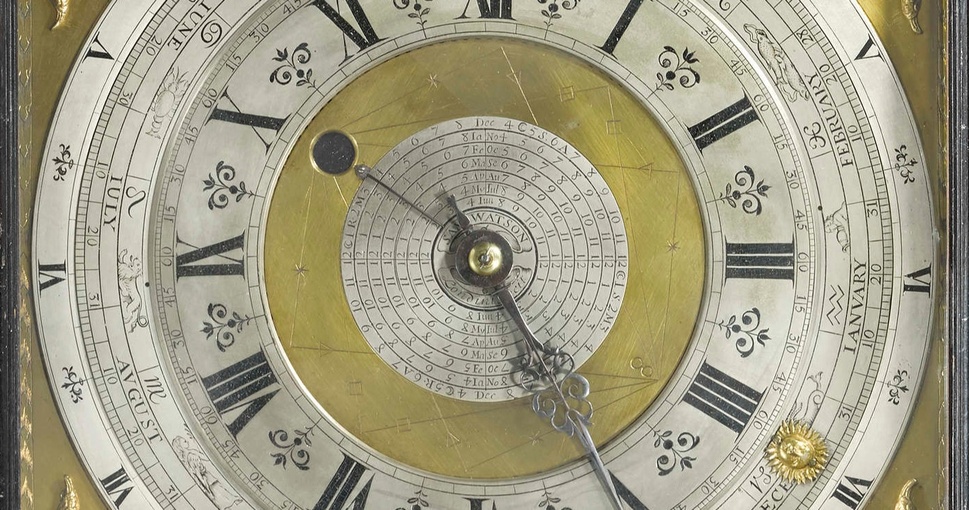The Company
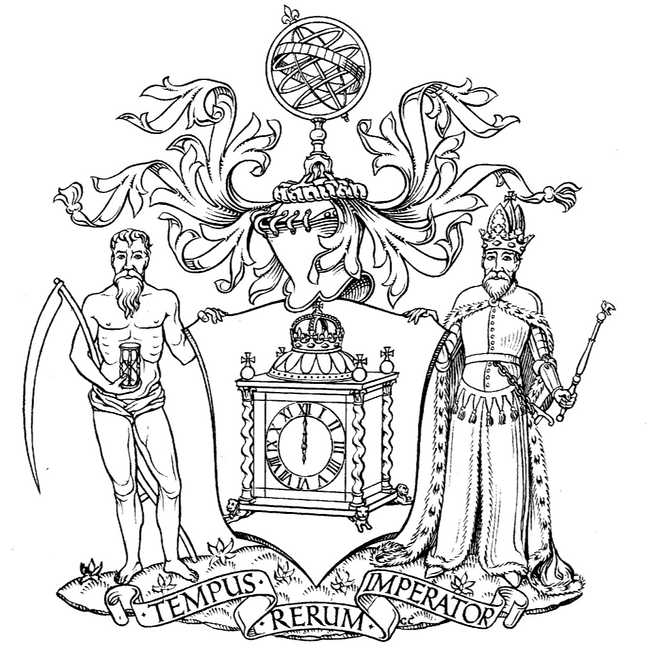
The Clockmakers' Company has been championing the skills of watch and clockmakers since 1631.
The Museum

The Clockmakers’ Museum, housed at the Science Museum, London, is the oldest collection of clocks, watches and sundials in the world.
Education
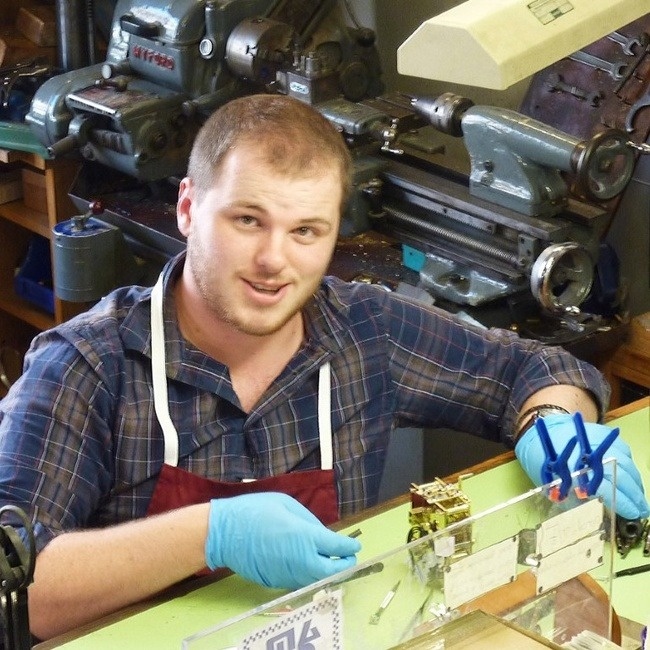
The Clockmakers' Company supports and promotes excellence in horological education across the UK.
The Clockmakers of London Book
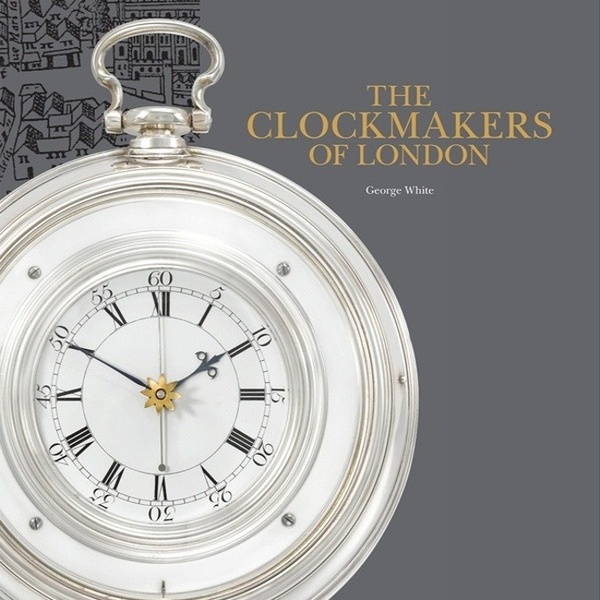
The Clockmakers of London tells the story of London as a watch and clockmaking centre, charting the evolution of the Company and its world-famous collection.
Join the Company
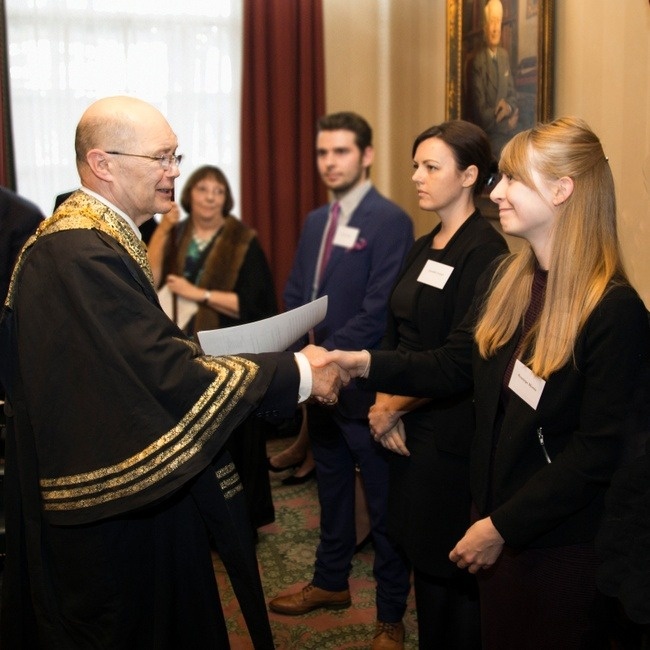
Membership of the Clockmakers' Company is open to all who share a passion for watch and clockmaking.
Members' Area
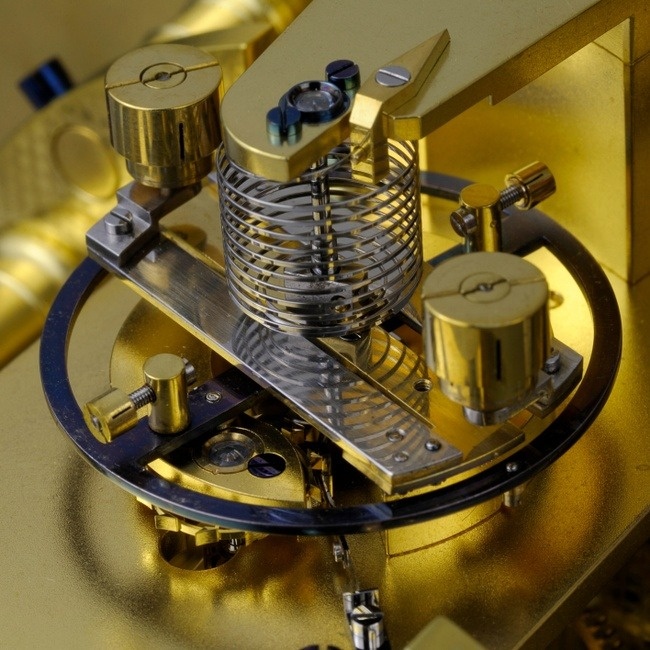
Company information, the membership directory, the year's events calendar and bookings.
